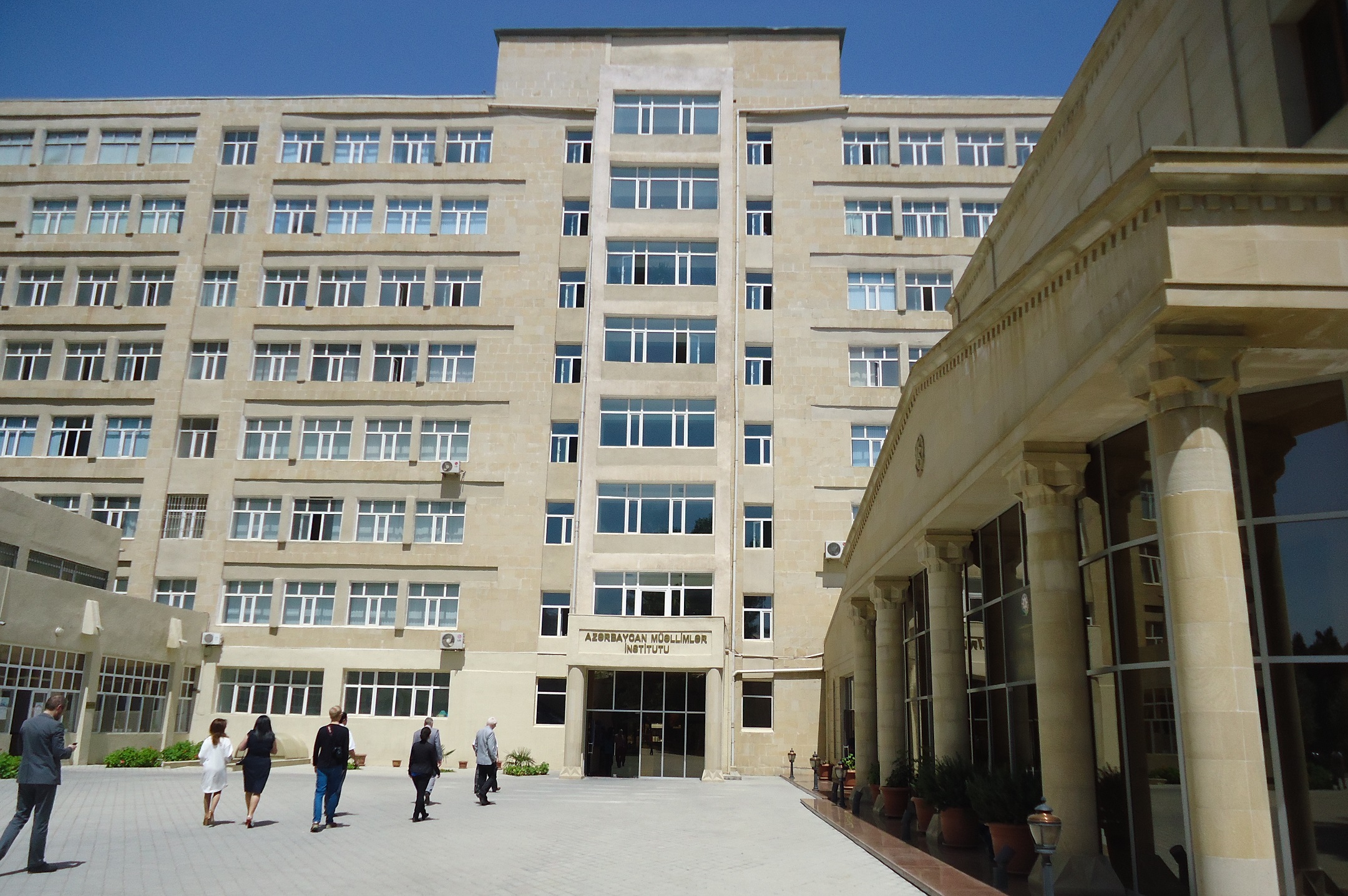Azerbaijan Innovation Strategies for Supporting Transition to a 12-Year Education System
Published:
On 25-26 May 2015, in Baku, a two day regional education conference on "Innovation strategies for supporting transition to a 12-year education system" was co-organised by the Asian Development Bank and the Ministry of Education of the Republic of Azerbaijan, gathering international education experts from Central and West Asia.
Background to this conference was, as the Azeri member organisation of ETUCE, the Independent Trade Union of Education Workers of the Azerbaijan Republic (AITUCEW), confirms, the development concept Azerbaijan 2020: the Vision for the Future which had been approved under the Decree of the President of the Republic of Azerbaijan on 29 December 2012. Section 7.2 of the Concept titled Developing modern education includes the transition to a 12-year general education system, and accordingly the update of education programmes and textbooks taking into account modern requirements. Also, systemic measures have been foreseen, with a view to ensure transition from education based on students reproducing knowledge, which has proven to slow down pupils' intellectual activity and general development, to "schools of ideas and thought", that are based on students reflecting and creating knowledge. Middle and upper secondary level education is to be organised on the basis of subject specialisation and of the creation of individual developing programmes for talented students. At the same time, various developing, correcting and inclusive education programmes are to be established for special needs students. The reformatory measures concerning school evaluation continue so as to establish a system that enables objective evaluation of students' performance and progress.
Continuing education reforms, the State Strategy on the Development of Education in the Republic of Azerbaijan had been approved in 2013, and the Action Plan on Implementing the State Strategy on the Development of the Education was approved in 2015. "The main aim of the state strategy is to create an education system that holds a leading position among other countries in the world as regards its competent educators, state-of-the-art technologies, quality outcomes and fairness. Azerbaijan's education system should be economically viable and meet the global leading education standards. Transposing the strategy will allow to restructure education content, personnel training, the education management system and education infrastructure in line with leading international practices and Azerbaijan's development concept. Thus it will ensure the consolidation of a knowledge based economy, the creation of an information society and the sustainable development of the country," stated the AITUCEW.
In this context, in the May conference, Mikayil Jabbarov, the Minister of Education of the Republic of Azerbaijan, said: "This event is a driver for the region to further develop people's skills by means of improving the education system. Our aim in building a new education system is to adjust it to international standards and to make education accessible to everyone." The Minister stressed that the transition to a 12-year education system is not a mechanical change, and a number of factors need to be considered. He added that the main target of the education system is to increase competitiveness for the labour market and with this in mind, to raise students, the young generation and citizens as more competitive persons with higher values and provide better skills for their future life. To achieve these targets, it is crucial to optimise the performance of the overall education system, to take it to the level of modern world standards and improve the content and methodology of education. In this view, the issue of transition to a 12-year education system requires serious discussions. In regards to the allocation of additional funds to support this education transition in Azerbaijan, the Minister informed that it is still early to talk about the need for additional funds, since the format and framework of the cooperation between the Asian Development Bank and the Ministry of Education of Azerbaijan is only to become more concrete in future discussions. In addition, he informed that this is not a decision to be taken solely by the Ministry of Education. This issue is going to be clarified upon broader consultations. In general, the cooperation with financial organisations, including the Asian Development Bank and other banks occurs in two forms, either as a consulting service or as a project. Whereas, he pointed out that the consulting service seemed to provide the better solution.
The Japanese Ambassador to Azerbaijan Tsuguo Takahashi noted: "A number of measures have been taken for the development of the relations between the two countries. Education plays an important role in the development of every country and it is one of the crucial factors for building and developing a healthy society. It is crucial that all countries create equal educational opportunities for the members of their societies. It is impossible not to see the development in this field in Azerbaijan."
Betty Wilkinson, Director of Public Management Governance, of the Financial Sector and Trade Division of the Central and West Asia Department, spoke positively about the 12-year education system and underlined that the aim in building this system is to adapt education in Azerbaijan to international standards and that these education reforms should be supported in Azerbaijan and Middle Asia.
In the course of the conference, experts exchanged experience about 12-year education systems, a key element in building a knowledge society in Azerbaijan. (Information from AITUCEW- Sabuhi Imanov, Head of international relation department).